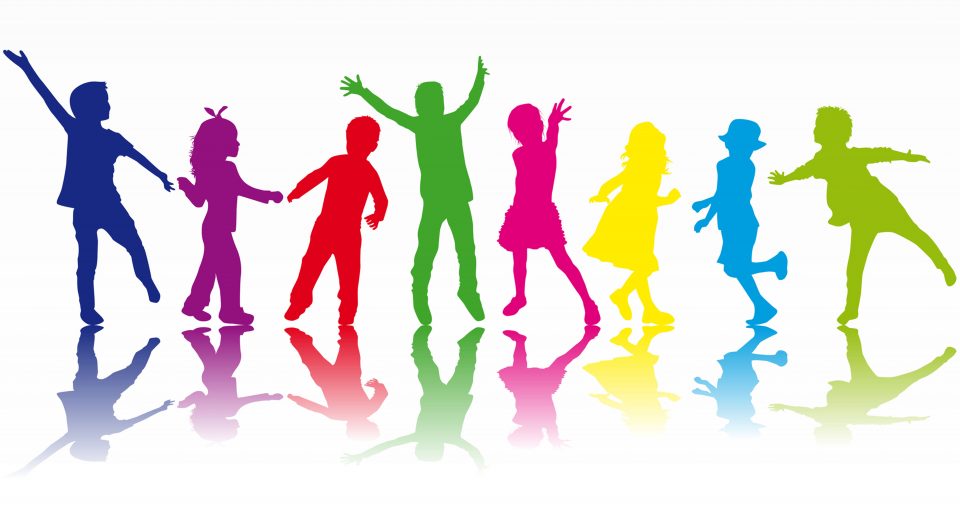Lectionary for Jan 3, 2021
Second Sunday of Christmas
Jeremiah 31:7-14; Psalm 147:12-20;
Ephesians 1:3-14; John 1:10-18
During Christmas, I like to focus on the Hebrew Bible readings, and this section of Jeremiah is one of my favorites. Mostly, I love what it says about God and about humans. As we celebrate this first Sunday of 2021, it’s important to remind ourselves who God is and how God takes care of all of us, no matter what we are going through.
Jeremiah immediately sets the scene by having God address the nations and all people of the world to say that God will exercise loving care for Israel. From the opening verses, we see a universal God who is sovereign, having scattered Israel, but who is also devoted to caring for God’s people. God pays the ransom to free Israel—and, indeed, all of humanity. After just celebrating the birth of the redeemer of the world, I find it fruitful to go back and read about how God has always been working to save humanity. Jesus’ birth, death and resurrection are wholly consistent with God’s passionate devotion to saving who and what God loves.
Then the language of Jeremiah turns to the human experience. God expresses care for Jacob who had been besieged by hands too strong for him. When God frees the people, we have a beautiful picture of the celebration. People will sing on the mountain heights. Their faces will be aglow with the goodness of God and are radiant over food and drink. In a stirring passage, the text says life will become like a well-watered garden (12). This will cause the girls, boys and men to dance together in the streets for joy. God has changed their mourning into joy. Even the priests will have plenty to eat because of all the sacrifices the people will bring for them to offer to God.
In a stirring passage, the text says life will become like a well-watered garden. This will cause the girls, boys and men to dance together in the streets for joy. God has changed their mourning into joy.
But where are the women? Why did they not join the celebratory dance? We must read a few verses past the lectionary readings to find out, but I think it’s important.
Not everyone celebrates (Jeremiah 31:15-17). A mother, typified by Rachel, can’t bring herself to join the dance because she misses her children who have not come back with her. Rachel weeps and will not be comforted. Whether in the case of returning refugees from the Babylonian exile or a 21st-century mother who has lost a child to sickness or violence, there are those who simply cannot and will not join the celebration. And that is OK.
Does God ignore the women and focus on the people dancing for joy? Worse, does God shame the women ruining everyone else’s celebratory dance party? No! God comforts the grieving mother. God councils the mother to dry her tears because there is hope for her future. God says her children will come back from the land of the enemy and will return to their own country. Friends, here is profoundly good news. In the person of Jesus, God has defeated death, the final enemy (1 Corinthians 15:26).
Children still die, and that is profoundly sad. A few days ago, we marked the unspeakable outrage of the slaughter of the Holy Innocents by those whose lust for power makes human children dispensable. We grieve for children and for all who die before their time, as so many of our loved ones have this past year. But we don’t grieve as those who have no hope (1 Thessalonians 4:13).
God stoops down to comfort those who mourn in times of celebration and to remind us that we have a resurrection hope that nothing, not even death, separates us from the love of God. We look forward to the resurrection of the body and life everlasting. God is a God who won’t abandon us, even in death. God’s passion for redeeming and ransoming captives from that which binds them/us is seen both in this life and in the world to come.
God’s mighty acts of repealing injustice and freeing people is worth celebrating in the here and now, to be sure. But I think the real dance party comes when Rachel is reunited with all of her children, and then there will be no more crying or weeping but only joyous celebration.





